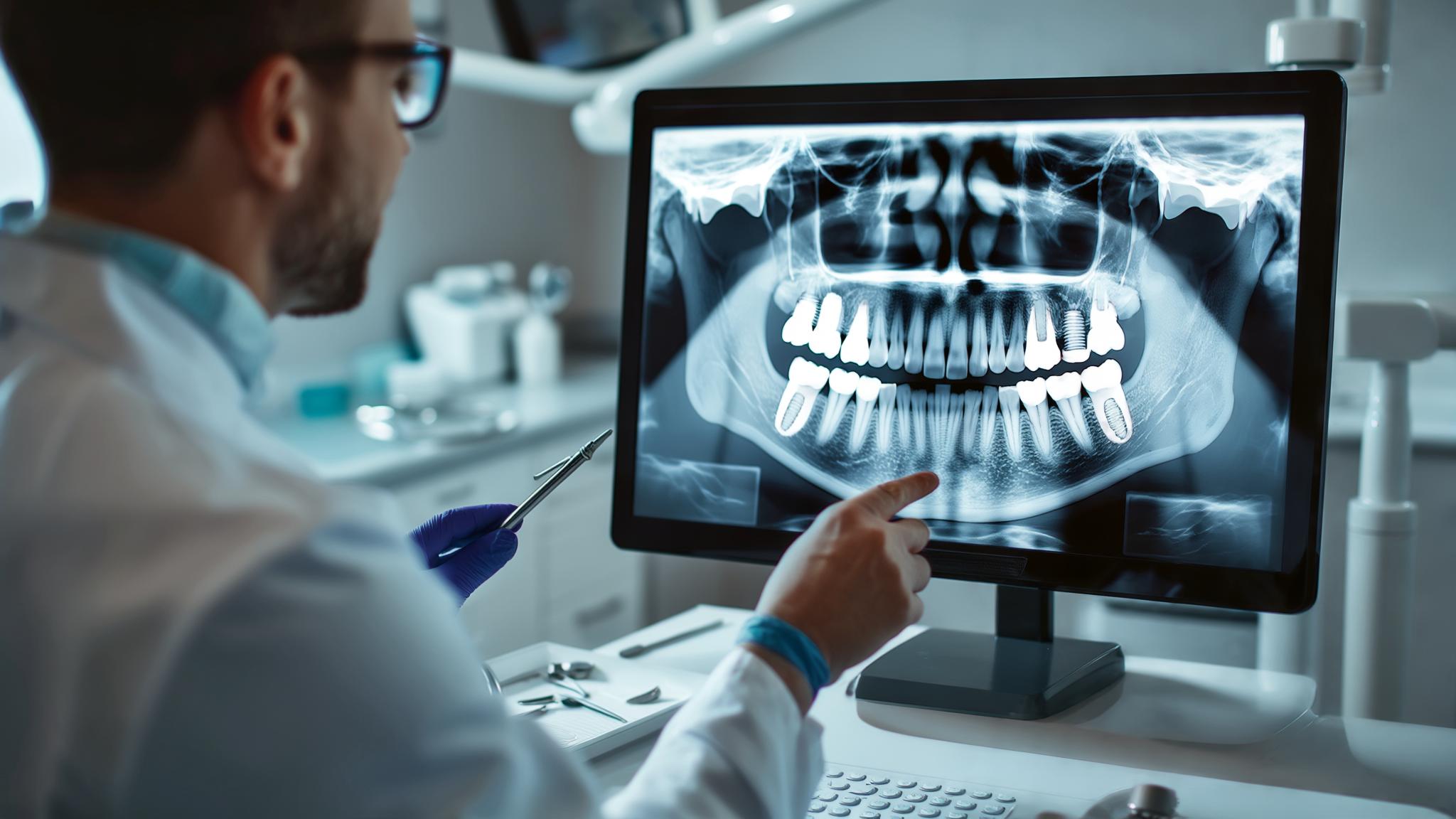Introduction
Dental implants have revolutionized the way we restore smiles, offering a durable and natural-looking solution for missing teeth. However, the success of dental implants is not solely dependent on the skill of the surgeon or the quality of the materials used. Smoking plays a significant role in the outcome of dental implant surgery. Understanding the impact of smoking is crucial for anyone considering this procedure. This article aims to inform readers about the risks associated with smoking before, during, and after dental implant surgery.
Understanding Dental Implants
Dental implants are artificial tooth roots, usually made of titanium, that provide a foundation for fixed or removable replacement teeth. The components of dental implants include the implant itself, an abutment, and a crown.
The dental implant procedure involves several stages:
- Initial Consultation and Planning: Your dentist will assess your oral health and create a personalized treatment plan.
- Surgical Placement of the Implant: The implant is surgically placed into the jawbone.
- Healing and Osseointegration: The implant fuses with the bone over a few months, a process known as osseointegration.
- Placement of the Crown: Once healed, a crown is attached to the abutment, completing the restoration.
The Impact of Smoking on Oral Health
Smoking has numerous detrimental effects on oral health:
- Increased Risk of Gum Disease: Smoking weakens the immune system, making it harder to fight off gum infections.
- Impaired Healing and Recovery: Smokers often experience longer healing times and increased complications.
- Higher Likelihood of Oral Cancers: Tobacco use is a leading cause of oral cancers.
When it comes to dental implants, smoking can have specific negative impacts:
- Lower Success Rates: Smokers have a higher rate of implant failure.
- Compromised Bone Healing: Smoking affects blood flow, which is crucial for bone regeneration.
Risks of Smoking Before Dental Implant Surgery
Before surgery, smoking can lead to several issues:
- Impact on Bone Density and Quality: Smoking reduces bone density, which can complicate implant placement.
- Increased Risk of Complications: Smokers face higher risks during surgery, such as excessive bleeding.
Recommendations for Patients Who Smoke:
- Timeline for Quitting: It's best to quit smoking at least a few weeks before surgery.
- Support Resources: Consider using cessation aids and support groups to help quit smoking.
Risks of Smoking During Dental Implant Surgery
Smoking during surgery can affect anesthesia and surgical outcomes:
- Increased Bleeding: Nicotine constricts blood vessels, leading to more bleeding.
- Infections and Delayed Healing: Smoking hinders the body's ability to heal, increasing infection risks.
Risks of Smoking After Dental Implant Surgery
Postoperative smoking can lead to:
- Increased Risk of Infection: Smoking compromises the body's healing process.
- Higher Chances of Implant Failure: The risk of implant failure is significantly higher in smokers.
Long-term Consequences:
- Peri-implantitis: A condition similar to gum disease that affects the implant site.
- Need for Additional Procedures: Smokers may require more dental work in the long run.
Conclusion
In summary, smoking poses significant risks to the success of dental implants. Quitting smoking is one of the most effective steps you can take to ensure a successful outcome. If you're considering dental implants and currently smoke, it's never too late to seek help in quitting. Discuss your concerns with your dental professional to take the first step toward a healthier smile.
References
- American Dental Association
- Centers for Disease Control and Prevention
- National Institute of Dental and Craniofacial Research
For more information on smoking cessation and dental health, consult these resources and speak with your healthcare provider.

